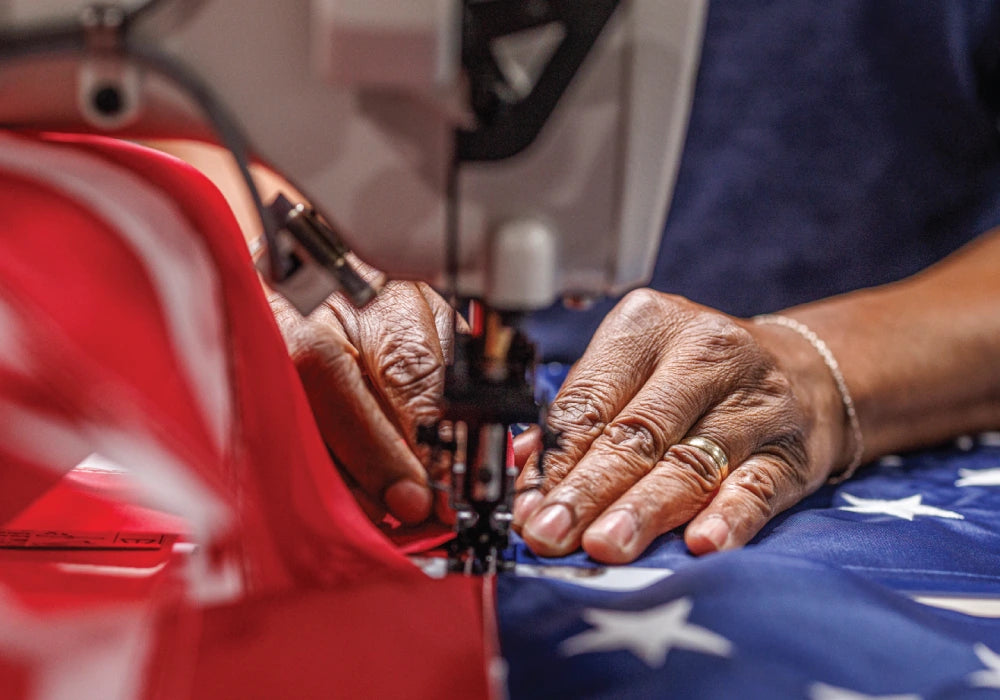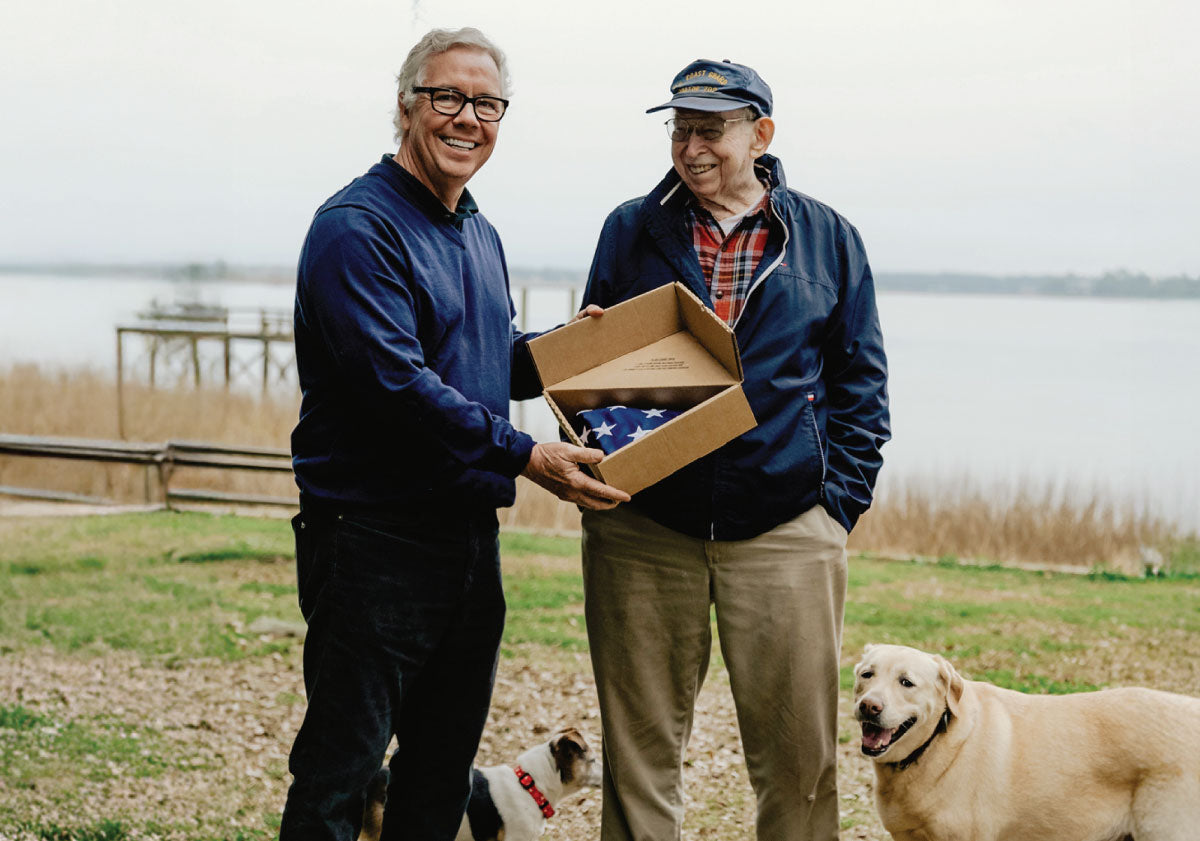May 19

1883
William F. “Buffalo Bill” Cody opened Buffalo Bill’s Wild West show in Omaha, Nebraska. His partner that first season was a dentist and exhibition shooter, Dr. W.F. Carver. Cody and Carver took the show, subtitled “Rocky Mountain and Prairie Exhibition,” across the country to popular acclaim and favorable reviews, launching a genre of outdoor entertainment that thrived for three decades and survived, in fits and starts, for almost three more. The golden age of outdoor shows began in the 1880s, and with his theatre experience Buffalo Bill already was skilled in the use of press agentry and poster advertising. His fame and credibility as a westerner lent star appeal and an aura of authenticity. Most important, Cody gave the show a dramatic narrative structure.

1943
British Prime Minister Winston Churchill and U.S President Franklin Roosevelt set a date for the cross-Channel landing that would become D-Day—May 1, 1944. That date will prove a bit premature, as bad weather became a factor. Addressing a joint session of Congress, Churchill warned that the real danger at present was the “dragging-out of the war at enormous expense." And so, to “speed” things up, the British prime minister and President Roosevelt set a date for a cross-Channel invasion of Normandy, in northern France, for May 1, 1944, regardless of the problems presented by the invasion of Italy, which was underway. It would be carried out by 29 divisions, including a Free French division, if possible. The D-Day invasion ended up taking place on June 6, 1944.

1977
"Smokey & the Bandit," American road action comedy film starring Burt Reynolds, Sally Field and Jackie Gleason, premiered in New York. The film follows Bo "Bandit" Darville (Reynolds) and Cledus "Snowman" Snow (Reed), two bootleggers attempting to illegally transport 400 cases of Coors beer from Texarkana to Atlanta. While the Snowman drives the truck carrying the beer, the Bandit drives a Pontiac Trans Am to distract law enforcement and keep the attention off the Snowman. During their run, they are pursued by Texas county sheriff Buford T. Justice (Gleason). Smokey and the Bandit was the second highest grossing film of 1977.
May 20

1873
San Francisco businessman Levi Strauss and Reno, Nevada, tailor Jacob Davis were given a patent to create work pants reinforced with metal rivets, marking the birth of one of the world’s most famous garments: blue jeans. Davis was one of Strauss’ regular customers. In 1872, he wrote a letter to Strauss about his method of making work pants with metal rivets on the stress points—at the corners of the pockets and the base of the button fly—to make them stronger. By the 1920s, Levi’s denim waist overalls were the top-selling men’s work pant in the United States. As decades passed, the craze only grew, and now blue jeans are worn and beloved by men and women, young and old, around the world.

1989
Sunday Silence edged by Easy Goer to win the closest race in the 114-year history of the Preakness Stakes by a nose. Sunday Silence had already beaten Easy Goer in the Kentucky Derby by two-and-a-half lengths, putting the horse one victory away from winning the first Triple Crown since 1978. Come June, though, Easy Goer had his revenge, beating Sunday Silence by eight lengths in the Belmont Stakes.

1996
In a victory for the gay and lesbian civil rights movement, the U.S. Supreme Court voted six to three to strike down an amendment to Colorado’s state constitution that would have prevented any city, town, or county in the state from taking any legislative, executive, or judicial action to protect the rights of gays and lesbians. Colorado’s Amendment Two was passed with a majority of the state’s citizens approving it in a special referendum, but the Supreme Court agreed to hear Romer v. Evans, a case that allowed the nation’s highest court to scrutinize the constitutionality of the amendment. In a ruling authored by Associate Justice Anthony M. Kennedy, the court struck down Amendment Two, arguing that the law violated the equal protection clause of the 14th Amendment.
May 21

1881
Humanitarians Clara Barton and Adolphus Solomons founded the American National Red Cross, an organization established to provide humanitarian aid to victims of wars and natural disasters. Barton worked with the sick and wounded during the American Civil War and became known as the “Angel of the Battlefield” for her tireless dedication. She was in Europe in 1870 when the Franco-Prussian War broke out, and she went behind the German lines to work for the International Red Cross. In 1873, she returned to the United States, and four years later she organized an American branch of the International Red Cross. The American Red Cross received its first U.S. federal charter in 1900. Barton headed the organization into her 80s and died in 1912.

1927
American pilot Charles A. Lindbergh landed at Le Bourget Field in Paris, successfully completing the first solo, nonstop transatlantic flight and the first ever nonstop flight between New York to Paris. His single-engine monoplane, The Spirit of St. Louis, had lifted off from Roosevelt Field in New York 33 1/2 hours before. One of the most highly regarded American aviators, Lindbergh took up a challenge made by Frenchman Raymond Orteig, an owner of hotels in New York, who put up a purse of $25,000 to the first aviator or aviators to fly nonstop from Paris to New York or New York to Paris. Six men had died attempting the long and dangerous transatlantic flight before Lindbergh was successful.

1999
“The streak is over…Susan Lucci!” announced Shemar Moore of The Young and the Restles, right before presenting the Daytime Emmy Award for Best Actress to the tearful star of ABC’s All My Children. The award was Lucci’s first win in 19 straight years of being nominated in the Best Actress category for her portrayal of Erica Kane. All My Children debuted in 1970, and Lucci would go on to play Erica Kane over the next four decades as the character married no fewer than 11 times, was kidnapped, survived an airplane crash and a car accident, and many other notable events. By 1991, Erica Kane was, according to TV Guide, “unequivocally the most famous soap-opera character in the history of TV" with Lucci as the highest paid actor on daytime television.
May 22

1781
Major General Nathanael Greene and 1,000 Patriots attempted an attack on the critical village of Ninety Six in the South Carolina backcountry. After failing to seize the fortified settlement, they began a siege, which lasted until their retreat on June 18, making it the longest of the Revolutionary War. Ninety Six was manned by 550 Loyalists and critical for the defense of the northwest portion of the state as the most strategically important position in South Carolina after Camden. Although the Patriots retreated, Greene and Brigadier General Francis Marion were remarkably successful at taking back other British outposts. By the time the British left Ninety Six of their own accord, on July 1, 1781, it was the last Loyalist fort in South Carolina.

1843
In what was dubbed "The Great Migration of 1843," the first major wagon train with 1,000 pioneers headed to the northwest from Elm Grove, Missouri on the Oregon Trail. Although U.S. sovereignty over the Oregon Territory was not clearly established until 1846, American fur trappers and missionary groups had been living in the region for decades, to say nothing of the Native Americans who had settled the land centuries earlier. While small groups of pioneers had left for the West sporadically, this larger emigration was a product of a severe depression in the Midwest and farmers dissatisfied with their prospects in Ohio, Illinois, Kentucky and Tennessee. Many hoped to find better lives in the supposed paradise of Oregon.

2004
Michael Moore’s documentary film Fahrenheit 9/11 beat out 18 other films to win the coveted Palme d’Or, the top prize at the Cannes Film Festival. It was the first documentary to triumph since 1956. Moore’s film was a fierce critique of George W. Bush's and his administration's foreign policy decisions, principally its response to the terrorist attacks of September 11, 2001, and its decision to invade Iraq in 2003. Miramax Films, the production company that financed Fahrenheit 9/11, was originally set to distribute the film, until its parent company, Walt Disney, blocked it from doing so. The ensuing controversy reportedly led to the 2005 split between Disney and Miramax founders Harvey and Bob Weinstein.
May 23

1785
Benjamin Franklin announced his invention of the bifocals. Franklin was many things in his lifetime: a printer, a postmaster, an ambassador, an author, a scientist, a Founding Father. Above all, he was an inventor, creating solutions to common problems and innovating new technology. Franklin found that his eyesight was getting worse as he got older, and he grew both near-sighted and far-sighted. Tired of switching between two pairs of eyeglasses, he invented “double spectacles,” or what we now call bifocals. He had the lenses from his two pairs of glasses - one for reading and one for distance - sliced in half horizontally and then remade into a single pair, with the lens for distance at the top and the one for reading at the bottom.

1921
Shuffle Along, a musical with music and lyrics by Noble Sissle and Eubie Blake, premiered on Broadway. Written, staged, and performed entirely by African Americans, it was the first show to make African-American dance an integral part of American musical theater, eventually becoming one of the top ten musical shows of the 1920s. While the hit is difficult for some to appreciate due to its use of tropes that have long-since been rejected, Shuffle Along was a watershed moment in American theater, paving the way for mainstream acceptance of African Americans on stage. It also launched the jazz age, making Harlem a must-visit spot for New York’s chic high society. Harlem nightspots like the Cotton Club thrived in its wake, introducing major jazz figures including Duke Ellington.

1934
Notorious criminals Bonnie Parker and Clyde Barrow were shot to death by Texas and Louisiana state police while driving a stolen car near Sailes, Louisiana. The two met while Barrow was incarcerated for robbery and her husband was serving time for murder. Upon Barrow's parole, the couple teamed with various accomplices to create the Barrow Gang and rob a string of banks and stores across five states. While law enforcement considered Bonnie & Clyde cold-blooded criminals and killers, the public viewed them as dangerous and romantic outlaws who were “Robin Hood”-like folk heroes. All told, the Barrow Gang was believed responsible for the deaths of 13 people, including nine police officers. Bonnie & Clyde are still seen by many as romantic figures to this day.
May 24

1844
American inventor Samuel F.B. Morse inaugurated the world’s first commercial telegraph line when he dispatched a telegraph message from the U.S. Capitol to Alfred Vail at a railroad station in Baltimore, Maryland. Witnessed by members of Congress, the message—“What Hath God Wrought?”—was telegraphed back to the Capitol a moment later by Vail. Morse, an accomplished painter, learned of a French inventor’s idea of an electric telegraph in 1832 and then spent the next 12 years attempting to perfect a working telegraph instrument. During this period, he composed the Morse code, a set of signals that could represent language in telegraph messages, and convinced Congress to finance a Washington-to-Baltimore telegraph line.

1878
The first American bicycle race was held in Boston, MA. Mr. C.A. Parker of Harvard University won the first race held at beacon Park. Parker covered the three mile course in 12 minutes and 27 seconds. Because of the success of the initial race, The Boston Bicycle Club was opened as the first bike club in the US. Massachusetts had the largest per capita bike ownership in the country in the 1890s and the largest percentage of women who were registered bike owners. Several prominent cycling magazines were published in Boston, making cycling a topic of press coverage and a growing cultural influence as well as a form of recreation.


1883
After 14 years, the Brooklyn Bridge over the East River opened, connecting the great cities of New York and Brooklyn for the first time in history. Thousands of residents of Brooklyn and Manhattan Island turned out to witness the dedication ceremony, which was presided over by President Chester A. Arthur and New York Governor Grover Cleveland. Designed by the late John A. Roebling, the Brooklyn Bridge was the largest suspension bridge ever built to that date.
May 25


1935
At Forbes Field in Pittsburgh, Pennsylvania, Babe Ruth hit his 714th home run, a record for career home runs that would stand for almost 40 years. Playing for the Boston Braves, this was one of Ruth’s last games, and the last home run of his career. Ruth went four for four on the day, hitting three home runs and driving in six runs. “The Sultan of Swat” or “The Bambino,” as he was alternately known, was the greatest gate attraction in baseball through the 1920s until his retirement as a player in 1935. His record for career home runs was not broken until Hank Aaron hit his 715th home run on April 8, 1974, 39 years later.

1975
The grizzly bear–once the undisputed king of the western wilderness–was given federal protection as a threatened species under the Endangered Species Act. Before the Anglo-Americans began invading their territory, the grizzly bear inhabited most of the country west of the Mississippi from Mexico north to the Arctic Circle. Its only serious competitors for food were the Native Americans, who considered it a sacred animal. Grizzly bear populations have slowly begun to recover. However, there are still only around 1,000 grizzlies in the lower 48 states today, nearly half of them in Glacier and Yellowstone National Parks. The future of the grizzly bear will depend on human willingness to share their habitats with the bears and set aside areas of wilderness large enough for them to survive.

1977
Memorial Day weekend opened with an intergalactic bang as the first of George Lucas’ blockbuster Star Wars movies hit US theaters. With its groundbreaking special effects, Star Wars leaped off screens and immersed audiences in “a galaxy far, far away.” By now everyone knows the story, which followed the baby-faced Luke Skywalker (Mark Hamill) as he enlisted a team of allies–including hunky Han Solo (Harrison Ford) and the robots C3PO and R2D2–on his mission to rescue the kidnapped Princess Leia (Carrie Fisher) from an Evil Empire governed by Darth Vader. The cast became overnight stars. The film received seven Oscars, made $461 million in U.S. ticket sales and grossed close to $800 million worldwide.






